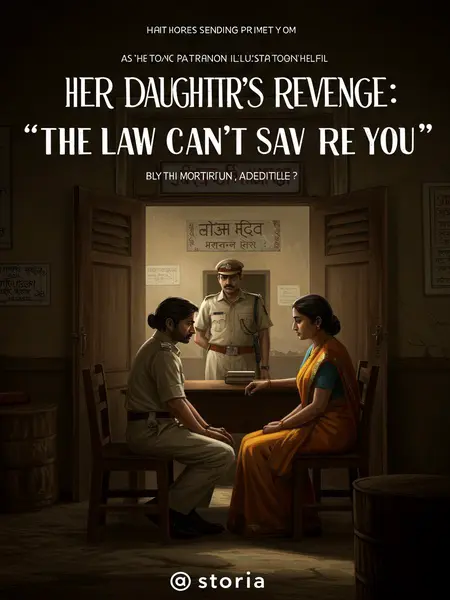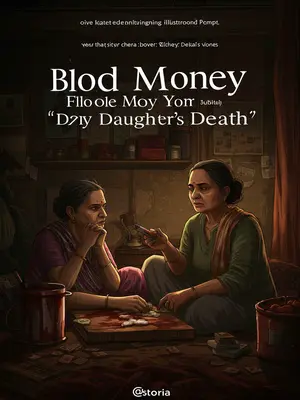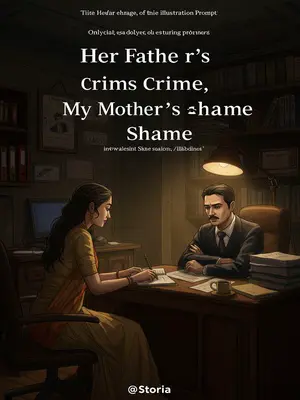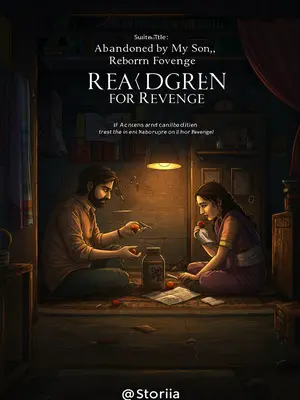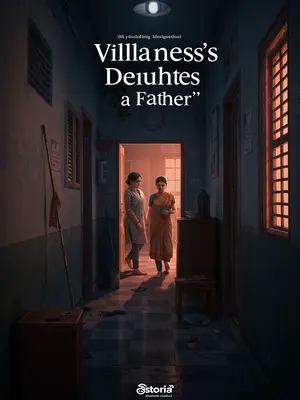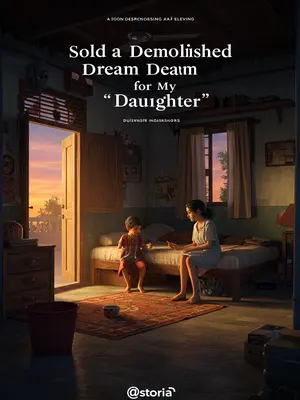Chapter 1: A Child Missing
It started on a day thick with heat and gossip—the kind of afternoon when even the crows seemed uneasy. News ran through the village lanes: a child was missing.
Even after years in uniform, I felt a chill run down my spine. The chowk buzzed with nervous whispers, eyes darting, everyone on edge. Word spread like wildfire: a child had vanished.
A six-year-old girl was abducted and violated by children from her own village. The tragedy felt unspeakable, heavier than any crime I’d seen.
No one in the basti slept for days. The elders sat in the temple yard, heads bowed, faces drawn. Women huddled, pallus drawn tight, voices trembling with outrage and fear. Even the stray dogs prowled restlessly, as if they too sensed the world had gone off its axis.
Worse still, the girl survived the ordeal, never losing consciousness.
But survival bore its own punishment. When we found her, her eyes stared into nothing, hollow and unblinking. Her grandmother’s wail split the silence, while the pradhan turned away, unable to face the pain.
The sentencing brought no peace. Four village boys—children themselves, the oldest fourteen, the youngest nine—were named as perpetrators.
Everyone in the panchayat hall had their own opinion, but when the court order arrived, it tasted like defeat. Justice hung in the air, heavy and unresolved, like laundry soaked by a monsoon downpour.
But in India, nothing ends with a court ruling. The echoes linger. The chai shop stayed abuzz with speculation; nightmares stalked the village for weeks.
The aftermath would prove larger than any of us imagined.
We officers thought things would quiet down after the paperwork, but every policewala knows karma finds its own way—sometimes silent, sometimes thunderous.
